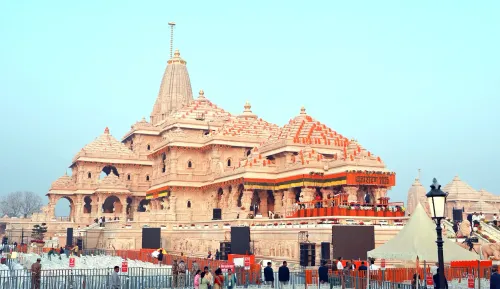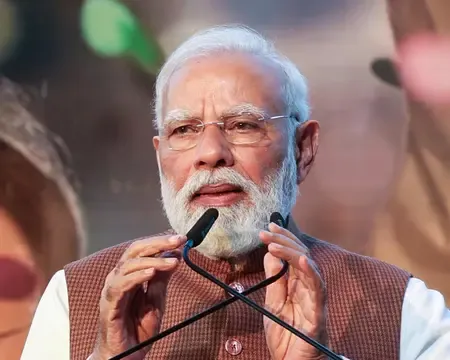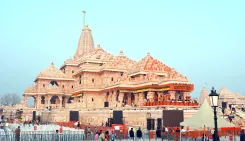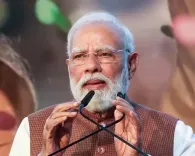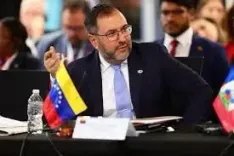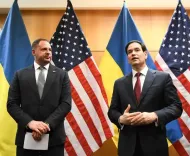Why is Telangana Fighting for 42% BC Reservations in the Supreme Court?
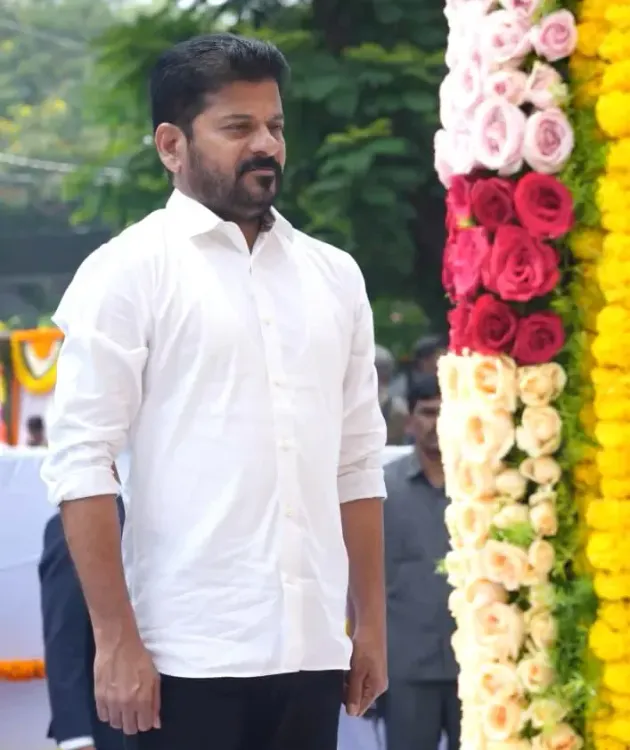
Synopsis
Key Takeaways
- Telangana's reservation policy aims to enhance support for Backward Classes.
- Legal challenges are underway in both the Supreme Court and Telangana High Court.
- Empirical data and caste surveys are central to the government's defense.
- Upcoming elections will test the impact of these reservations.
- Senior legal minds are involved in the argumentation process.
Hyderabad, Oct 6 (NationPress) The Telangana government’s move to raise reservation for Backward Classes to 42 per cent is now under scrutiny at the Supreme Court. In response, the state has begun efforts to present compelling arguments.
Deputy Chief Minister Mallu Bhatti Vikramarka, along with Ministers Ponnam Prabhakar and Vakiti Srihari, traveled to Delhi on Sunday night for discussions with prominent lawyers Abhishek Manu Singhvi and Siddharth Dave on Monday.
Singhvi, a Rajya Sabha member from Telangana, along with Dave, is expected to represent the state in the Supreme Court to justify the 42 per cent reservations for Backward Classes (BCs) in local governance.
Government lawyer Shravan Kumar and Congress BC Cell chairman Anil Jaihind also participated in these discussions.
The Deputy CM and his colleagues informed the lawyers that the government issued the Government Order (GO) for 42 per cent reservations for BCs in local bodies in compliance with the Supreme Court's established guidelines.
They further explained that the GO was formulated after a thorough caste survey, gathering empirical data on the BCs, appointing a dedicated BC Commission, and analyzing the survey findings with expert input.
The Supreme Court is scheduled to review a series of petitions contesting the Government Order.
The petitions, filed by leaders B. Madhava Reddy of Reddy Jagruthi and Vanga Gopal Reddy, are set for a hearing by a bench including Justice Vikram Nath and Justice Sandeep Mehta.
The petitioners contend that the GO is unconstitutional and contravenes the 50 per cent cap on reservations set by the Supreme Court. They also assert that it breaches the Telangana Panchayat Raj Act of 2018.
Similar petitions have been submitted to the Telangana High Court, with hearings scheduled for October 8.
Last week, the State Election Commission announced plans for elections to rural local bodies, which will occur in five phases throughout October and November.
Meanwhile, Deputy Chief Minister Bhatti Vikramarka expressed confidence that the Supreme Court would support the GO.
He referenced the Indira Sahini case, where the Supreme Court ruled that reservations exceeding 50 per cent could be justified with empirical data.
Transport Minister Ponnam Prabhakar noted that efforts are underway to obstruct the 42 per cent reservation for BCs.
He urged the petitioners to withdraw their challenges, emphasizing that the 42 per cent reservations for BCs would not negatively impact the reservations for Scheduled Castes, Scheduled Tribes, and Economically Weaker Sections.

